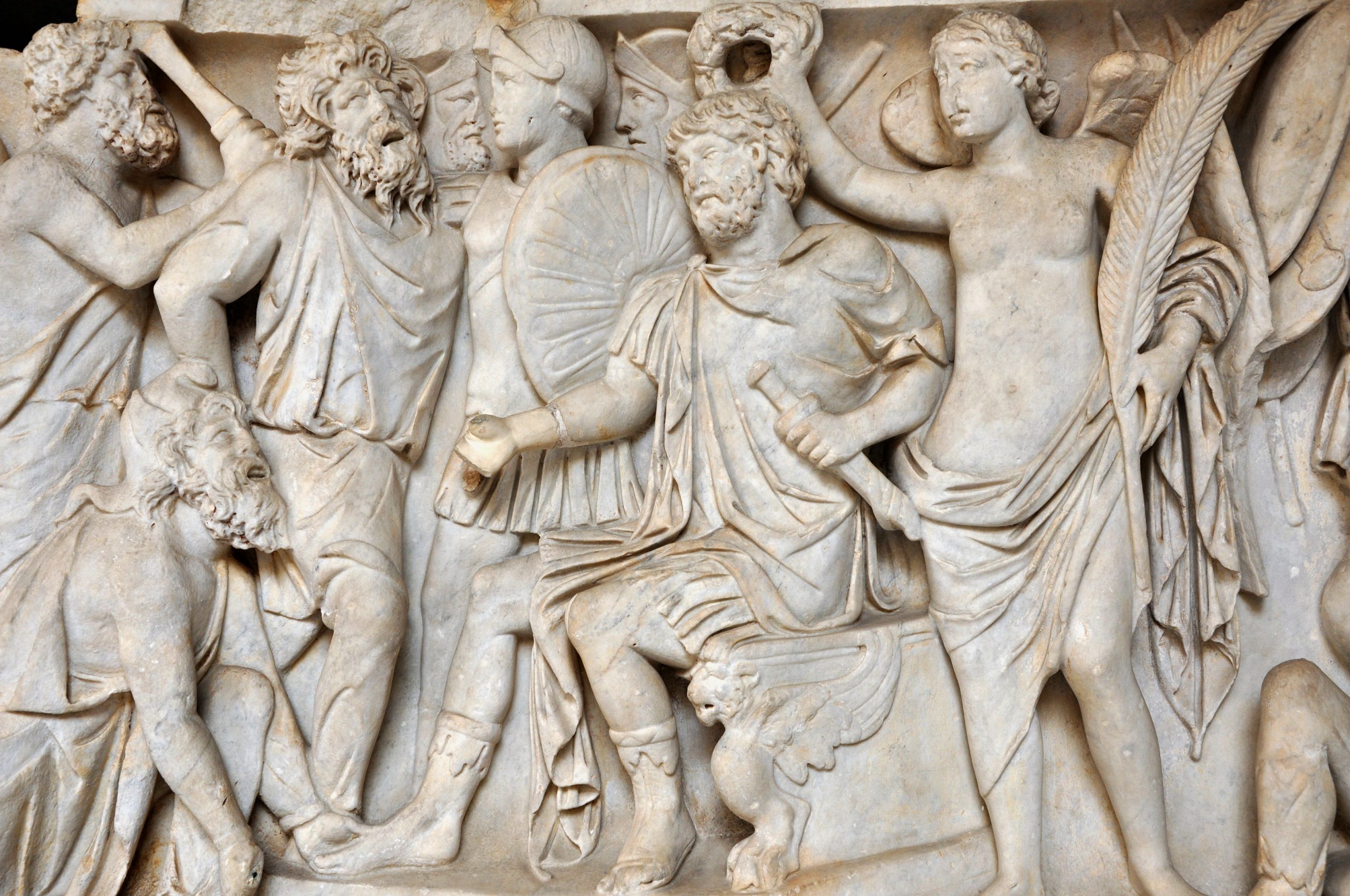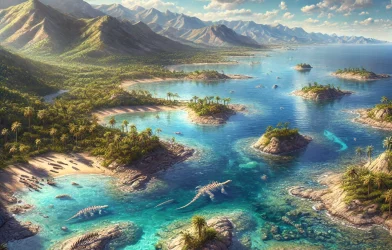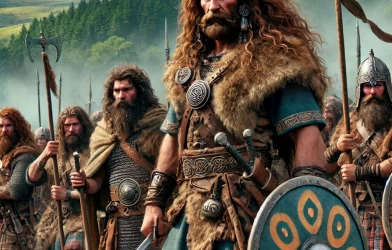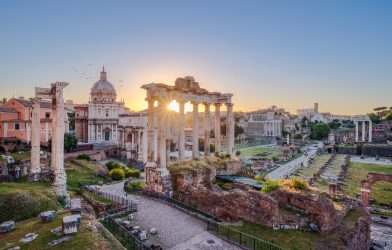The ebb and flow of ancient conquests have left indelible marks on the modern world map, shaping political boundaries, cultural landscapes, and societal structures. The legacies of these conquests are visible in the geopolitical divisions and cultural regions that define our contemporary world. This exploration delves into some of the most significant ancient conquests and their lasting impacts on the formation of modern nations and regions.
The Persian Empire: A Blueprint for Multicultural Empires
The Persian Empire, under the rule of Cyrus the Great and his successors, was one of the first great empires to implement a system of governance over a vast and diverse territory. Stretching from the Indus Valley in the east to the Aegean Sea in the west, it incorporated various peoples, languages, and cultures under a centralized administration. This model of governance influenced later empires, promoting the idea of multicultural states that could manage diverse populations while maintaining relative harmony. The Persian administrative techniques, such as the use of satraps (governors) and the Royal Road, laid foundational principles for modern statecraft and territorial management.
Alexander the Great: Spreading Hellenistic Culture
Alexander the Great’s conquests created one of the largest empires of the ancient world, stretching from Greece to Egypt and into the heart of Asia. His campaigns facilitated the spread of Hellenistic culture, blending Greek and Eastern elements. This cultural diffusion had long-lasting effects, fostering the development of cities like Alexandria in Egypt, which became a center of learning and culture. The resulting Hellenistic influence is still evident today in Western and Middle Eastern art, architecture, and philosophy. Alexander’s legacy also demonstrated the potential for a single ruler to unify diverse regions, a concept that would inspire future empires.
The Roman Empire: Foundations of Modern Europe
The Roman Empire’s conquests across Europe, North Africa, and the Middle East created a vast and enduring legacy. The establishment of Roman law, infrastructure, and urban planning influenced the development of modern European cities and legal systems. The Roman emphasis on citizenship and governance laid the groundwork for modern concepts of statehood and civic identity. The fall of the Western Roman Empire and the subsequent fragmentation into various kingdoms and states set the stage for the nation-states that dominate the modern European map. Additionally, the division of the Roman Empire into Eastern and Western halves influenced the cultural and religious schism between Western Europe and the Byzantine Empire, precursor to the division between Western and Eastern Europe.
The Mongol Empire: Connecting East and West
The Mongol Empire, under the leadership of Genghis Khan and his successors, created the largest contiguous land empire in history. The Mongol conquests connected the East and West, facilitating unprecedented cultural and economic exchanges along the Silk Road. This integration fostered the flow of goods, technologies, and ideas between Europe and Asia, contributing to the development of the modern global economy. The administrative practices and communication networks established by the Mongols influenced the governance of subsequent empires and the formation of nation-states across Asia and Europe.
The Arab Conquests: Shaping the Islamic World
The rapid expansion of Arab armies in the 7th and 8th centuries spread Islamic culture and religion across the Middle East, North Africa, and parts of Europe and Asia. The establishment of the Caliphates created a unified Islamic civilization that contributed to advances in science, medicine, mathematics, and literature. The political and cultural boundaries established during the Arab conquests continue to influence the modern political landscape of the Middle East and North Africa. The spread of Islam created a shared religious and cultural identity that transcended individual nation-states, influencing the geopolitics of the Islamic world today.

The Viking Expansion: Transforming Northern Europe
The Viking conquests and explorations from the 8th to 11th centuries reshaped the political and cultural landscapes of Northern Europe. Viking settlements in the British Isles, Iceland, Greenland, and even North America led to the integration of Norse culture with local traditions. The establishment of the Danelaw in England and the founding of cities like Dublin and Normandy influenced the development of modern European nations. The Vikings’ seafaring skills and exploration spirit contributed to the later Age of Exploration, laying the groundwork for European maritime dominance.
Ancient conquests have played a pivotal role in shaping the modern world map, influencing the development of political boundaries, cultural regions, and societal structures. From the administrative innovations of the Persian Empire to the cultural diffusion of Alexander the Great, and from the legal foundations of the Roman Empire to the global connectivity fostered by the Mongols, these historical events have left lasting legacies. Understanding the impact of these ancient conquests provides insight into the complex historical processes that have shaped our contemporary world, highlighting the enduring influence of ancient empires on modern geopolitics and cultural landscapes.














